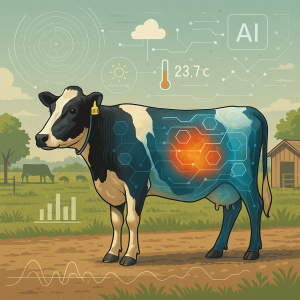
Sci-Tech
Global Health Security
01/28/26
10min read
Biosecurity Risks Threaten Agribusiness
Under the Biological and Toxin Weapons Convention, biosecurity is defined as the ‘protection, control, and accountability measures implemented to prevent the loss, theft, misuse, diversion or intentional release of biological agents and toxins, and related resources as well as unauthorised access to, retention, or transfer of such materials’
Lijun Shang





















